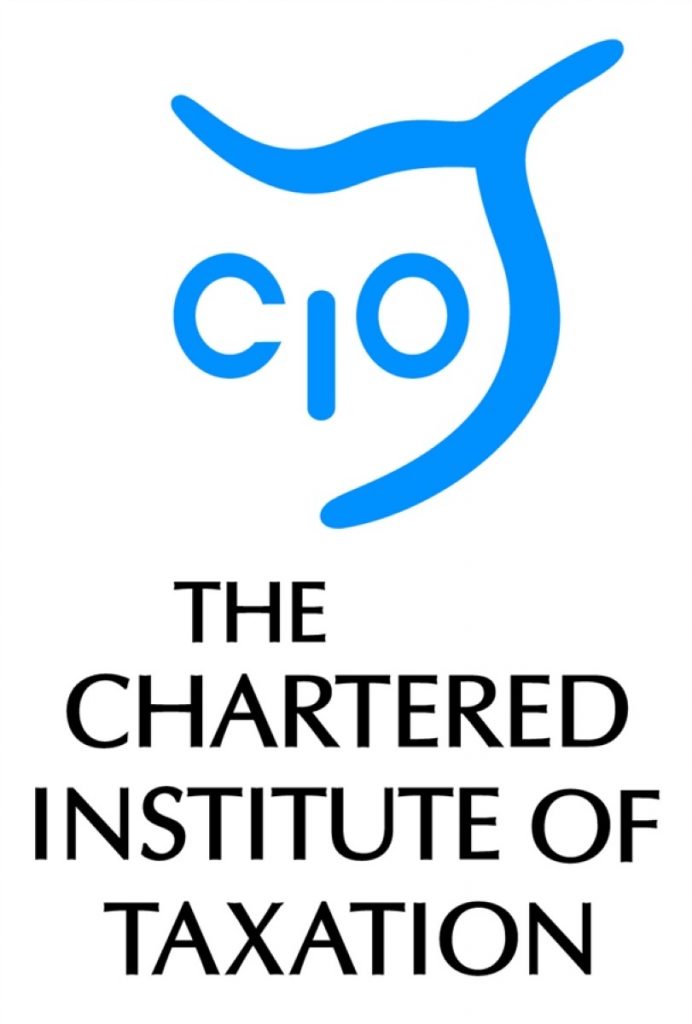Budget: Sugar tax diluted down to soft drinks industry levy
The Chancellor of the Exchequer has today announced a new levy on soft drinks that contain added sugar.
Peter Dylewski, Chair of the CIOT’s Indirect Taxes Sub-Committee, said:
“There had been wide speculation about a ‘sugar tax’, but these measures just target the soft drinks industry. As with the introduction of any new tax, we welcome the long lead in period, and the consultation on how the levy will operate. The industry will no doubt also welcome the time to refine their processes, but it is clear that the Government still expects this to be a revenue-raiser, and has committed to spending the funds helping schools support healthier pupil lifestyles.
“This is the latest in a long list of taxes designed to influence behaviour. The Landfill Tax and Aggregates Levy are two other examples. The challenge with all such levies is that if they are successful in achieving their aim the tax take falls.
“While the tax starts with the soft drinks industry, clearly if it is judged a success it could be extended. Other sectors will now know the Government’s warnings over obesity have teeth and, if they are felt not to be pulling their weight, the tax could be extended to swallow them too.”
Notes for editors
1. The Government will introduce a new soft drinks industry levy to be paid by producers and importers of soft drinks that contain added sugar. The levy will be introduced in April 2018 and will be paid by soft drinks producers and importers. It will be charged on drinks according to their total sugar content and is expected to raise around £500m a year.
The levy will be charged on volumes according to total sugar content, with a main rate charge for drink above 5 grams of sugar per 100 millilitres and a higher rate for drinks with more than 8 grams of sugar per 100 millilitres. There will be an exclusion for small operators, and we will consult on the details over the summer, for legislation in Finance Bill 2017 and implementation from April 2018 onwards.
2. The Chartered Institute of Taxation (CIOT)
The CIOT is the leading professional body in the United Kingdom concerned solely with taxation. The CIOT is an educational charity, promoting education and study of the administration and practice of taxation. One of our key aims is to work for a better, more efficient, tax system for all affected by it – taxpayers, their advisers and the authorities. The CIOT’s work covers all aspects of taxation, including direct and indirect taxes and duties. Through our Low Incomes Tax Reform Group (LITRG), the CIOT has a particular focus on improving the tax system, including tax credits and benefits, for the unrepresented taxpayer.
The CIOT draws on our members’ experience in private practice, commerce and industry, government and academia to improve tax administration and propose and explain how tax policy objectives can most effectively be achieved. We also link to, and draw on, similar leading professional tax bodies in other countries. The CIOT’s comments and recommendations on tax issues are made in line with our charitable objectives: we are politically neutral in our work.
The CIOT’s 17,500 members have the practising title of ‘Chartered Tax Adviser’ and the designatory letters ‘CTA’, to represent the leading tax qualification.





-01.png)